Coaching and mentoring are effective ways to build skills, knowledge, and potential in people as part of an organisation’s learning and development plan.
Table of Contents
Assessment Questions
LO1 Understand the role and purpose of coaching and mentoring within an organisation
AC 1.1 Examine the similarities and differences between coaching and mentoring
Example
Coaching and mentoring share some key similarities. Both involve supporting an individual’s development, rely on effective communication and interpersonal skills, and aim to foster learning and growth. However, there are also important differences between the two. Coaching generally focuses on building specific skills or knowledge, while mentoring can extend to broader areas like decision-making or career guidance. Coaching is often structured more formally, whereas mentoring tends to be more informal. Additionally, mentoring relationships are typically longer-term compared to coaching, which may be shorter in duration.
AC 1.2 Evaluate the purpose of coaching and mentoring for individuals, teams and the organisation
Example
The purpose of coaching and mentoring can vary depending on the needs of the individual, team, or organisation. For individuals, coaching and mentoring are often used to build specific skills or knowledge, improve performance, and help achieve personal goals. For teams, these approaches can strengthen team cohesion, enhance effectiveness, develop team members’ skills, and help resolve conflicts. At the organisational level, coaching and mentoring can boost employee satisfaction and retention, support skill development, and promote succession planning.
model provides a framework for sessions by building Rapport, agreeing on the Purpose, Outcomes, and Process, examining the Current Reality, generating Insights, creating an Action Plan, and planning Follow-up and Support. The STAR Model:This model helps individuals or teams identify development areas by exploring their Strengths, Talents, Areas for Development, and Results achieved. Appreciative Inquiry:This model focuses on creating positive change by emphasising what is working well and what gives life to the system, rather than focusing on problems. AC 2.2 Develop a plan to deliver mentoring to an individual in response to an identified business need Example When creating a mentoring plan for an individual, it’s essential to consider several key aspects. First, clarify the purpose of the mentoring—identify the specific business need it’s intended to address. Then, determine who will be involved, including both the mentor and the mentee. Decide on the format of the mentoring; for example, whether it will be one-on-one or conducted in a group setting. Consider the methods you’ll use, such as structured exercises or more informal conversations. Additionally, plan when and where the mentoring sessions will take place, deciding whether they’ll be held regularly or on an occasional basis. Think about the duration of the mentoring relationship, whether it will be for a set period or open-ended. After considering these elements, you can develop a de...
Subscribe to Unlock
Subscribe to unlock full access and draft feedback support.
Subscribe to UnlockAlready subscribed? Sign in
Must Read:
Why Choose Us?
- GPT Zero
- 100% Non-plagiarised Papers
- Dedicated human resource writers
- 24/7 /365 Service Available
- Affordable Prices
- Money-back and Privacy guarantees
- Unlimited Amendments upon request
- Satisfaction guarantee

